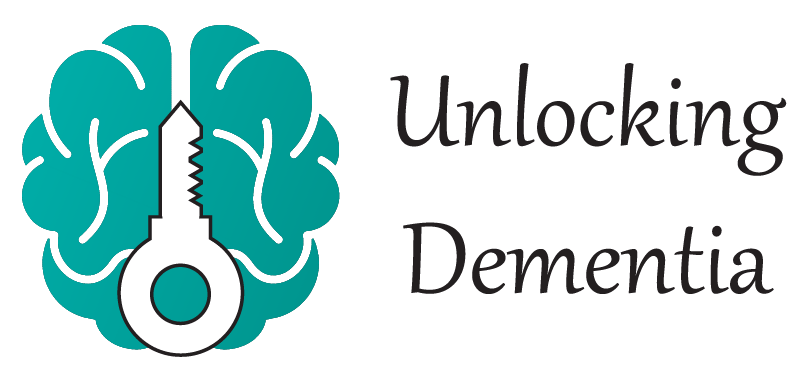Our brain is the center of all activity within a body and has three main parts that are connected at the brain stem. Although each part has unique responsibilities, some of the functions are shared and work together.
The Cerebrum is the largest part of the brain and is composed of the right and left hemispheres. The cerebrum performs higher functions like interpreting the senses of touch, vision, and hearing. It is also responsible for speech, reasoning, emotions, learning and fine movement control. The hemispheres are joined by a bundle of fibers that transmits messages from one side to the other.
For the most part, each side controls the opposite side of the body. Generally, the left hemisphere controls speech, comprehension, arithmetic, and writing. It is also dominant in hand use and language in about 92% of people, however, 70% of left-handed people (left-handedness) also process language in the left hemisphere. The right hemisphere controls creativity, spatial ability, artistic, and musical skills.
Each hemisphere has 4 lobes: frontal, temporal, parietal, and occipital. Each lobe may be divided into areas that serve very specific functions. Each of the lobes and hemispheres of the brain do not function alone. There are very complex relationships between the lobes, and between the hemispheres.
The cerebellum is located under the cerebrum, and it coordinates muscle movements, posture and balance. Skill memory is processed in the cerebellum and stored automatic learned memories or repetitive actions, like tying a shoe, playing an instrument, singing and dancing or riding a bike are partially stored in the cerebellum.
The brainstem acts as the relay center connecting the cerebrum and cerebellum to the spinal cord. This part of the brain also performs automatic functions such as breathing, heart beating, maintaining body temperature, digestions, sneezing, coughing, vomiting, swallowing, and wake/sleep cycles.
The working memory, or short-term is initially kept in the prefrontal lobes. This information is stored for a few minutes and its storage capacity is limited to about 7 items. This allows a person to remember a phone number long enough to dial it without writing it down. It also allows a person to memorize the sentence just read so the next sentence makes sense or repeat a string of items.
Long-term memory is processed in the hippocampus of the temporal lobe and is activated when memory is required for a longer period. This memory is unlimited in content and duration. Personal memories, facts, figures are in the hippocampus and other memories are stored in various areas of the brain and body.
Dementia destroys those connections between the parts of the brain. Depending upon the location of the damage, the functionality of the brain is impacted. Eventually the cells die and as the cells die, the brain shrinks. As the brain shrinks, the memories stored in that area disappear and from the perspective of the person living with dementia, those lost memories seem to have never existed.One of the biggest mistake caregivers make with those living with dementia is assuming their loved one knew that information and can retrieve it with some hints or prodding. To a dementia damaged brain, especially those with Alzheimer’s, that information was never there in the first place. It’s like trying to remember a story you have never heard. It just isn’t in storage and from the patient’s point of view, it was never there. There is no connection to that data and that section of the brain is no longer available or may no longer physically be the same as before dementia.
